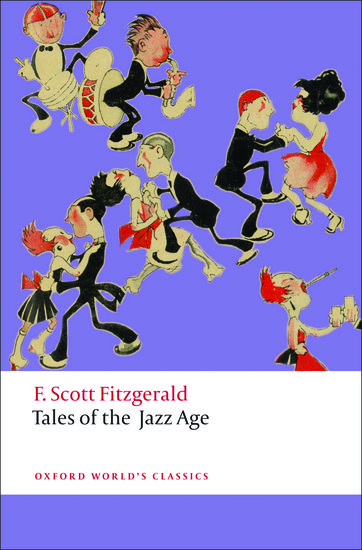
On 24 September 1896, F. Scott Fitzgerald was born. While remembered today for his masterpiece The Great Gatsby, Fitzgerald made his living off short stories. He chronicled life of the 1920s and 30s with unparalleled versatility, whether as parody, tragedy, fantasy, or romance. His attitude to the charisma and vices of America’s privileged was complex and often ambivalent. This dichotomy is reflected in the following excerpt from “The Camel’s Back.”
A grunt from the hump acknowledged this somewhat dubious compliment.
“Honestly, you look great!” repeated Perry enthusiastically. “Move round a little.”
The hind legs moved forward, giving the effect of a huge cat-camel hunching his back preparatory to a spring.
“No; move sideways.”
The camel’s hips went neatly out of joint; a hula dancer would have writhed in envy.
“Good, isn’t it?” demanded Perry, turning to Mrs. Nolak for approval.
“It looks lovely,” agreed Mrs. Nolak. “We’ll take it,” said Perry.
The bundle was stowed under Perry’s arm and they left the shop. “Go to the party!” he commanded as he took his seat in the back. “What party?”
“Fanzy-dress party.” “Where’bouts is it?”
This presented a new problem. Perry tried to remember, but the names of all those who had given parties during the holidays danced confusedly before his eyes. He could ask Mrs. Nolak, but on looking out the window he saw that the shop was dark. Mrs. Nolak had already faded out, a little black smudge far down the snowy street.
“Drive uptown,” directed Perry with fine confidence. “If you see a party, stop. Otherwise I’ll tell you when we get there.”
He fell into a hazy daydream and his thoughts wandered again to Betty — he imagined vaguely that they had had a disagreement because she refused to go to the party as the back part of the camel. He was just slipping off into a chilly doze when he was wakened by the taxi-driver opening the door and shaking him by the arm.
“Here we are, maybe.”
Perry looked out sleepily. A striped awning led from the curb up to a spreading gray stone house, from which issued the low drummy whine of expensive jazz. He recognized the Howard Tate house.
“Sure,” he said emphatically; “ ’at’s it! Tate’s party to-night. Sure, everybody’s goin’.”
“Say,” said the individual anxiously after another look at the awning, “you sure these people ain’t gonna romp on me for comin’ here?”
Perry drew himself up with dignity.
“ ’F anybody says anything to you, just tell ’em you’re part of my costume.”
The visualization of himself as a thing rather than a person seemed to reassure the individual.
“All right,” he said reluctantly.
Perry stepped out under the shelter of the awning and began unrolling the camel.
“Let’s go,” he commanded.
Several minutes later a melancholy, hungry-looking camel, emitting clouds of smoke from his mouth and from the tip of his noble hump, might have been seen crossing the threshold of the Howard Tate residence, passing a startled footman without so much as a snort, and heading directly for the main stairs that led up to the ballroom. The beast walked with a peculiar gait which varied between an uncertain lockstep and a stampede — but can best be described by the word “halting.” The camel had a halting gait — and as he walked he alternately elongated and contracted like a gigantic concertina.
Often overshadowed by his major novels, Fitzgerald’s short stories demonstrate the same originality and inventive range, as he chronicles with wry and astute observation the temper of the hedonistic 1920s. Oxford offers the only critical edition of Tales of the Jazz Age available in paperback as first published. Editor and Fitzgerald scholar Jackson R. Bryer provides an in-depth appreciation of the stories and examines the making of the volume and its reception.
For over 100 years Oxford World’s Classics has made available the broadest spectrum of literature from around the globe. Each affordable volume reflects Oxford’s commitment to scholarship, providing the most accurate text plus a wealth of other valuable features, including expert introductions by leading authorities, voluminous notes to clarify the text, up-to-date bibliographies for further study, and much more.
Subscribe to the OUPblog via email or RSS.
Subscribe to only literature articles on the OUPblog via email or RSS.
View more about this book on the ![]()
![]()


Recent Comments
There are currently no comments.